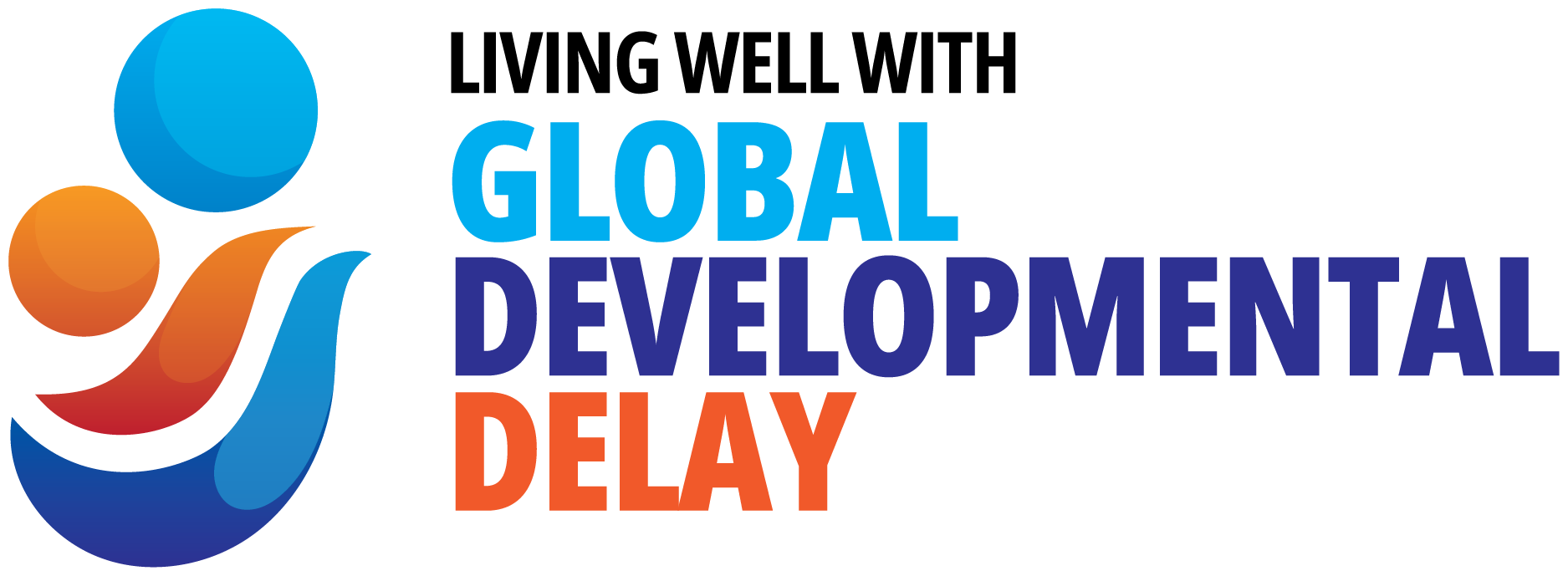Blog
The Importance of a Holistic Approach to Intervention in Global Developmental Delay
- December 23, 2023
- Posted by: gl0b4dm1n
- Category: Global Developmental Delay

So, you may have heard about taking a “holistic” approach when seeking interventions for your child with Global Developmental Delay – but what does this actually mean?
Here, we’ll look at some of the aspects of a holistic approach, and examples of what this actually looks like.
The first thing needed when seeking out supports and interventions for a child with Global Developmental Delay is to ask questions. Usually, we want to find out firstly what interventions are needed and appropriate. Once we’ve got some idea about that, we need to find out which service providers are available. And then, once we actually contact them, we need to find out what a service provider will do, their general approach and philosophy, how much intervention they think is needed, and how long the intervention would be provided for. Mostly, we want to know if the provider will be a good fit for the child’s needs.
These are all very important questions! But….one thing which is often overlooked in the whole process of finding and engaging providers is, how well will the various planned interventions work together?
This is where the importance of a holistic approach really comes into focus. “Holistic” means all-inclusive, complete, whole, but it also means well-rounded – suggesting that all the various services and interventions that a child receives need to work together and complement each other. Not contradict each other or work against each other! This happens more often than it should.
An example of services NOT working together is if a child attends one allied health provider to address goals relating to communication, and works on using visual aids to express their needs around daily tasks – but then in a subsequent session with another allied health provider, they work on reducing the reliance on visual supports and instead using verbal communication. Both providers are working from within their frame of reference, and both goals are useful, but the child is not being provided an integrated, seamless experience and as a result is less likely to meet their goals.
So, how can you ensure that the services and interventions you are accessing are providing a holistic experience for your child?
Here are some key considerations which might help:
- Always ensure that you are “on the same page” as your provider regarding the goals to address. It’s very important to let them know what you want! If you’re not sure what goals should be addressed, ask the provider for their opinion, and go and get some other opinions too. Then give yourself time to consider all of them. Don’t rush into anything.
- Make a list of all the interventions and services being offered or considered, and compare the approaches and goals used by each of them. It’s OK to have some “doubling-up” the ways the services are provided – that may actually help your child adapt – but equally, you want to ensure that all of your child’s identified needs are being addressed.
Here is an example of what your list could look like:
| Service | Approach | Goals addressed | Other details |
| Chatter Speech Pathology | face-to-face; behavioural | verbal communication | they use rewards to encourage progress |
| Singalong Music Therapy | face-to-face or telehealth; strengths-based | communication and expression using singing | they use toys and dolls as objects to encourage singing to |
| Talking Cure Psychology Services | face-to-face or telehealth; involving parent and child | mental health, communication, emotion regulation | using play-based approaches |
| I Like to Move It Occupational Therapy | face-to-face only | physical movement, daily activities | interested in connecting with other therapists |
- Don’t sign up for one intervention until you have scoped out what other interventions are available and might be useful. Then you can make an informed decision about which services to access, based on how well they will work together for your child.
- In this way, you will have a much better idea of how all the services combine to provide a complete, well-rounded, integrated service for your child, and……..
It will be HOLISTIC!
You shouldn’t be the only one striving to integrate the services your child is accessing, however. A key worker or support co-ordinator can be a great ally as you select, engage, and work with providers – this person or organisation can coordinate communication with the providers, offer advice on the most appropriate services, and work how much service is required. They can also take care of much of the hard slog of booking appointments, organising payments or accessing funding, and getting all the other paperwork done. You need to be able to focus on your child, not dealing with multiple organisations.
If you need further advice or ideas to make your intervention journey smoother for yourself and your child, the resources contained in the Living Well with Global Developmental Delay website provide a wealth of information, as well as links to other organisations.
Good luck!
Author: Dr Matthew Breaden
